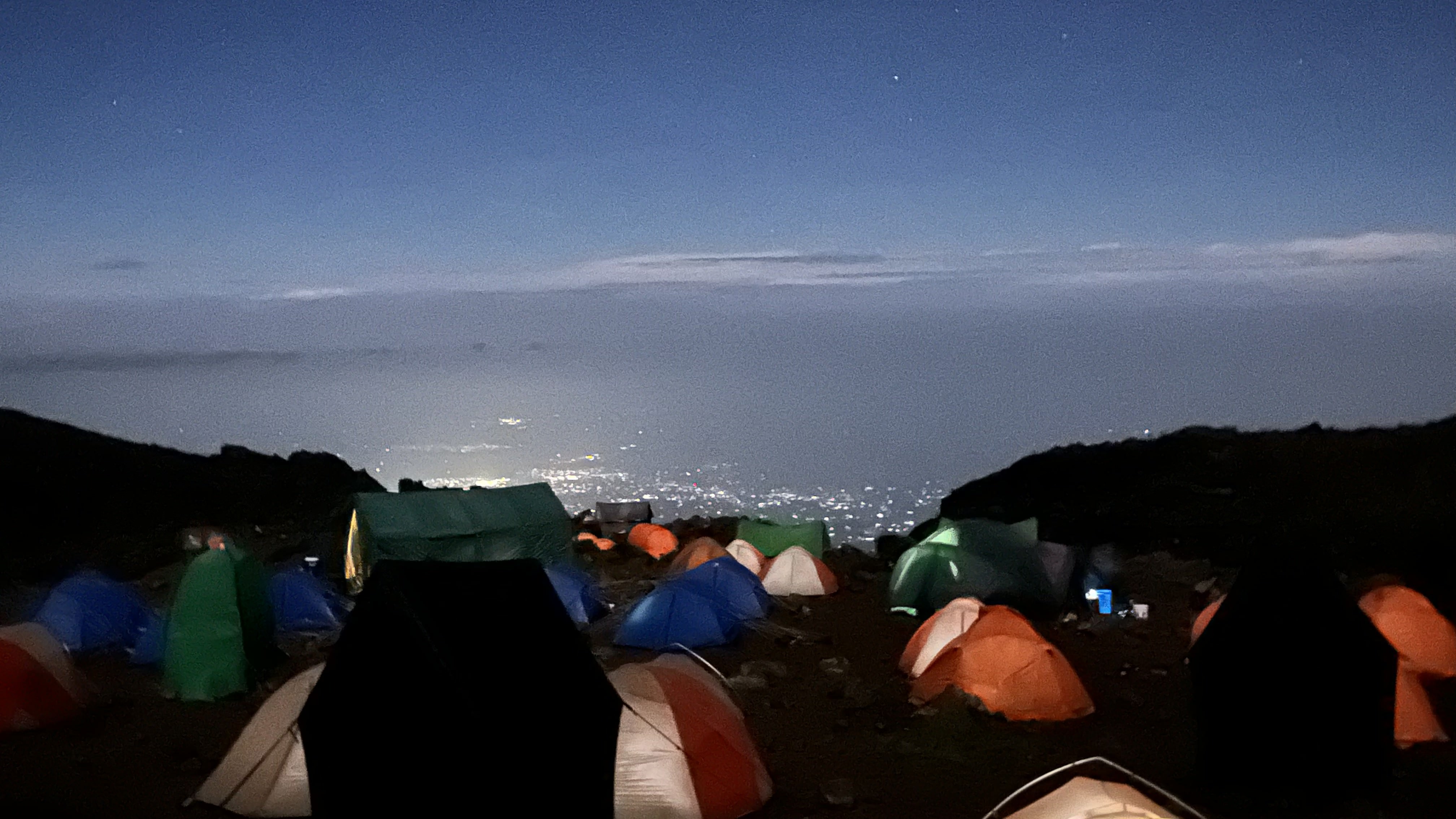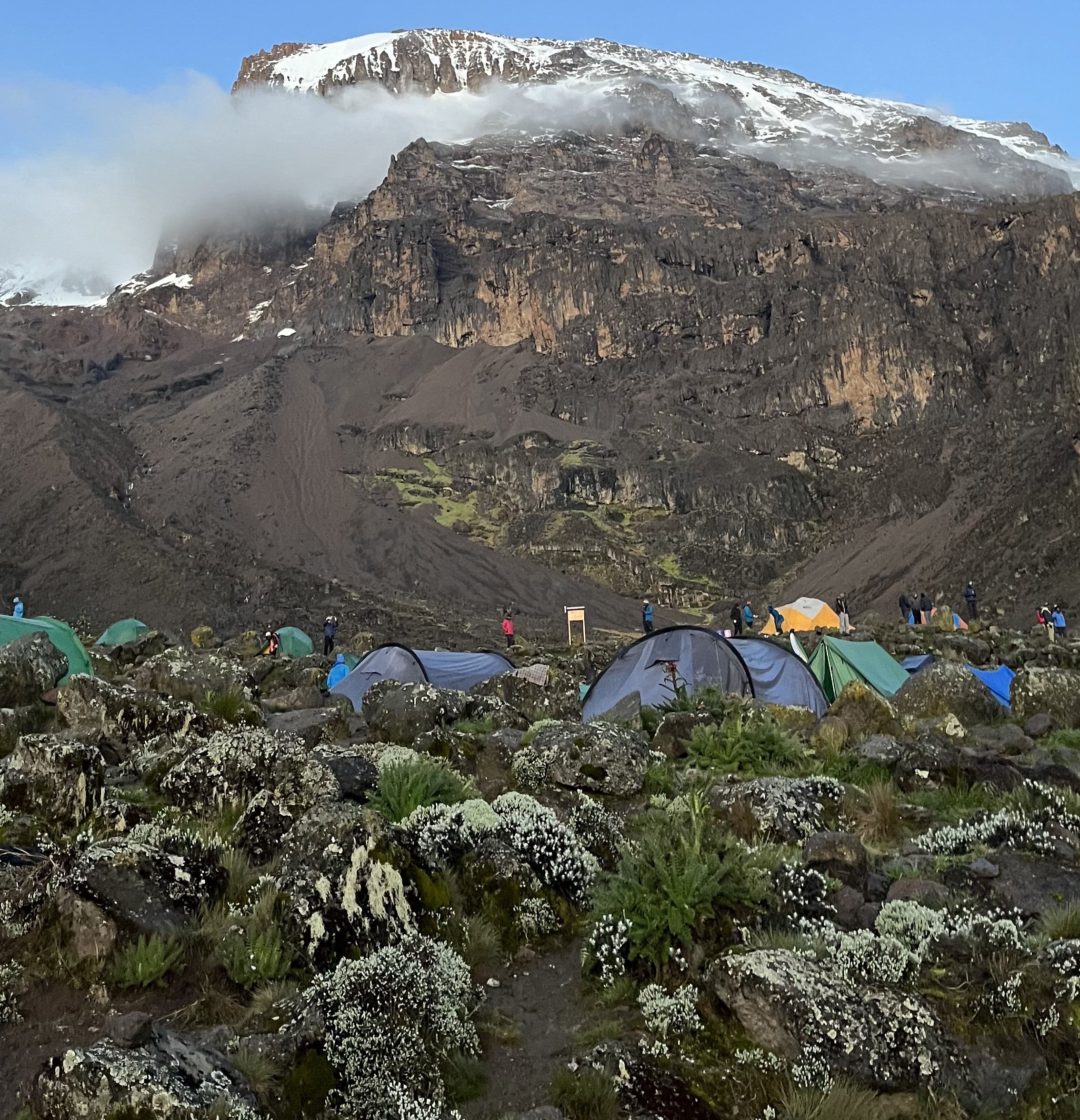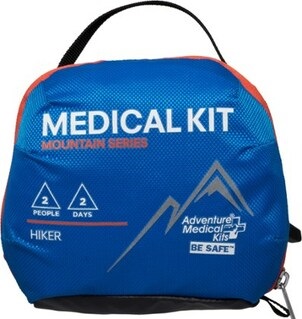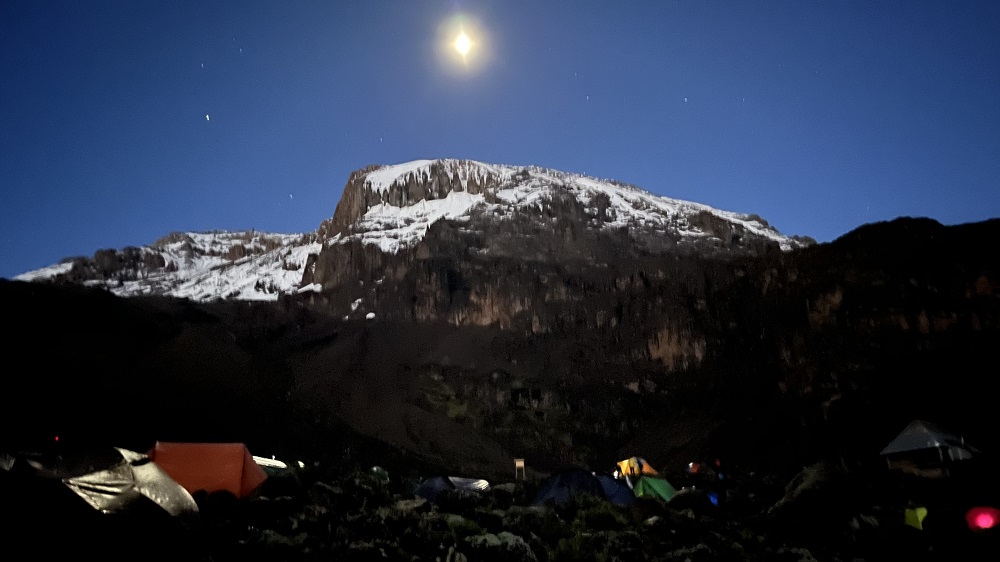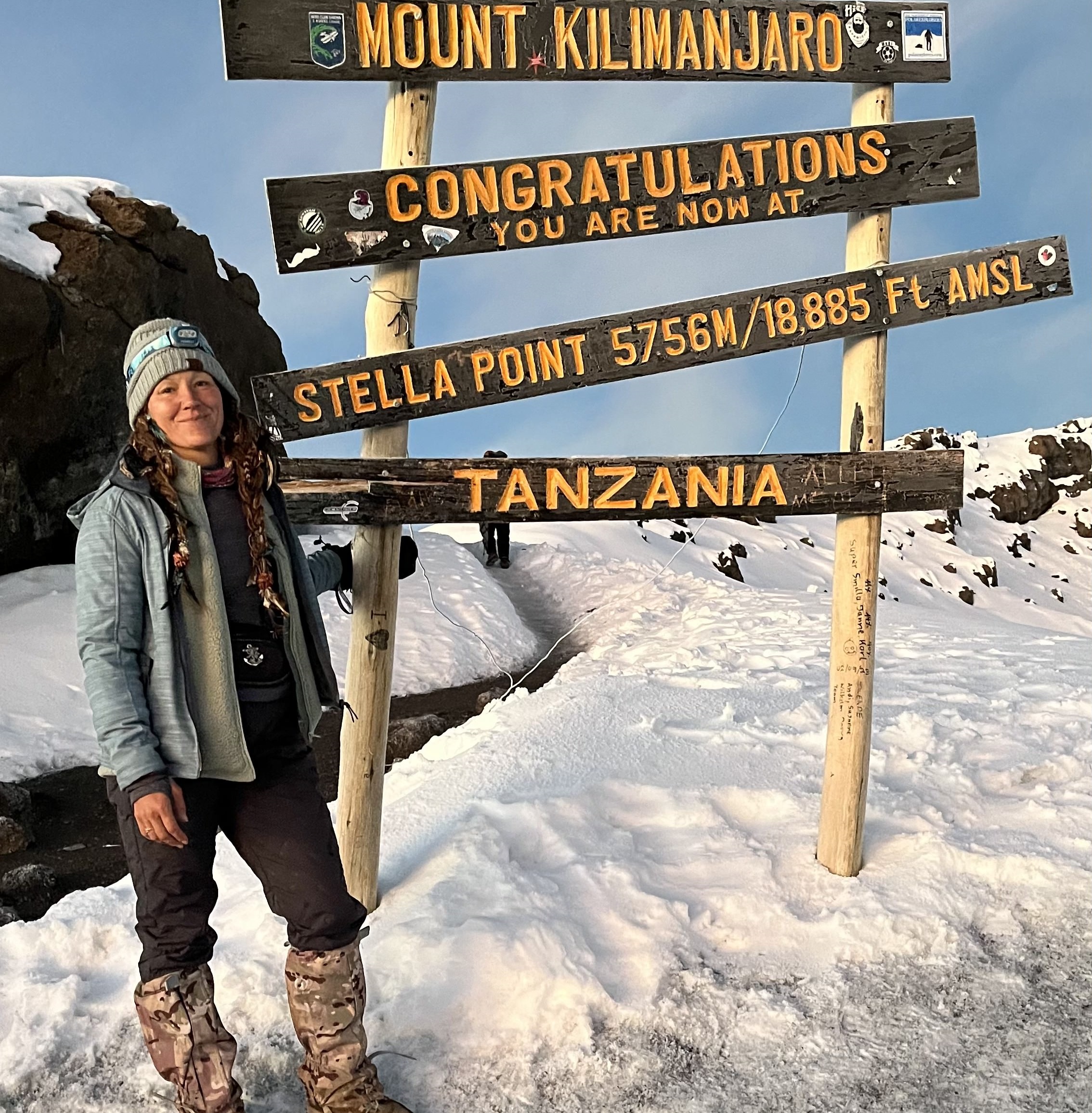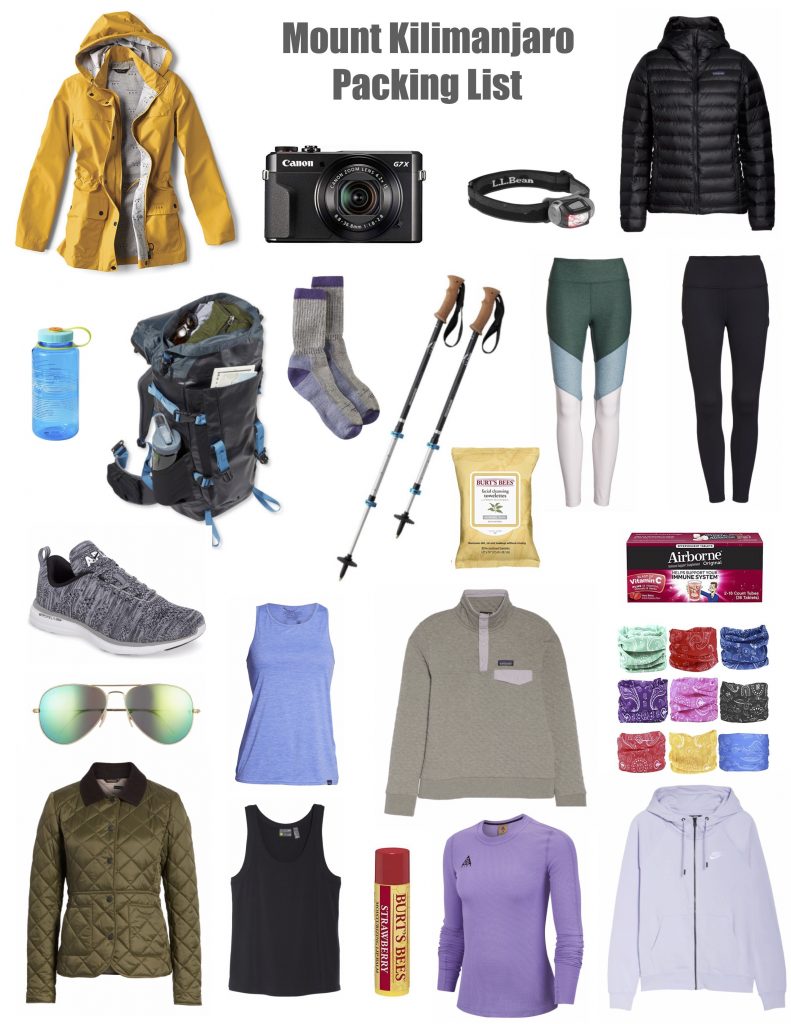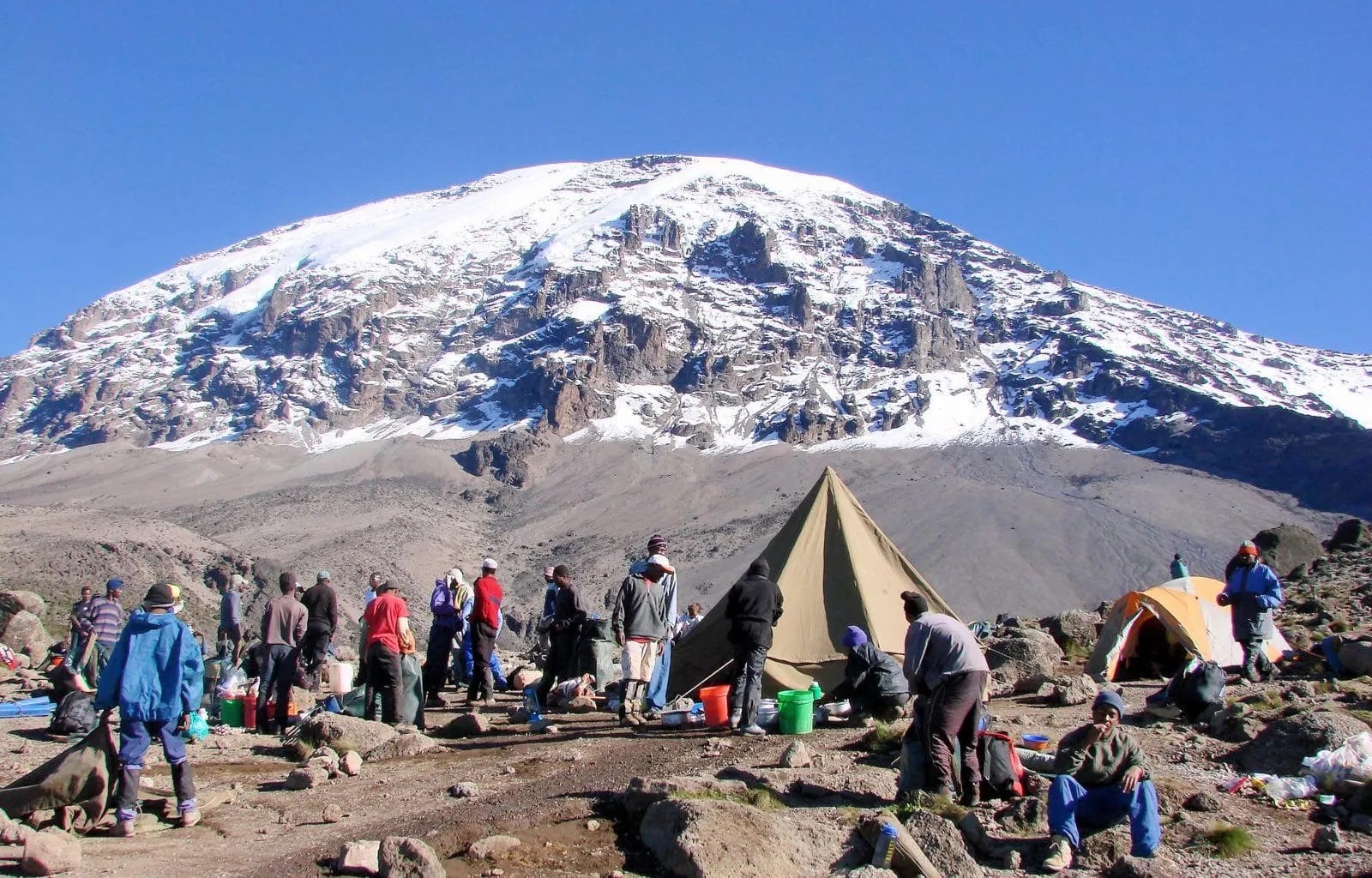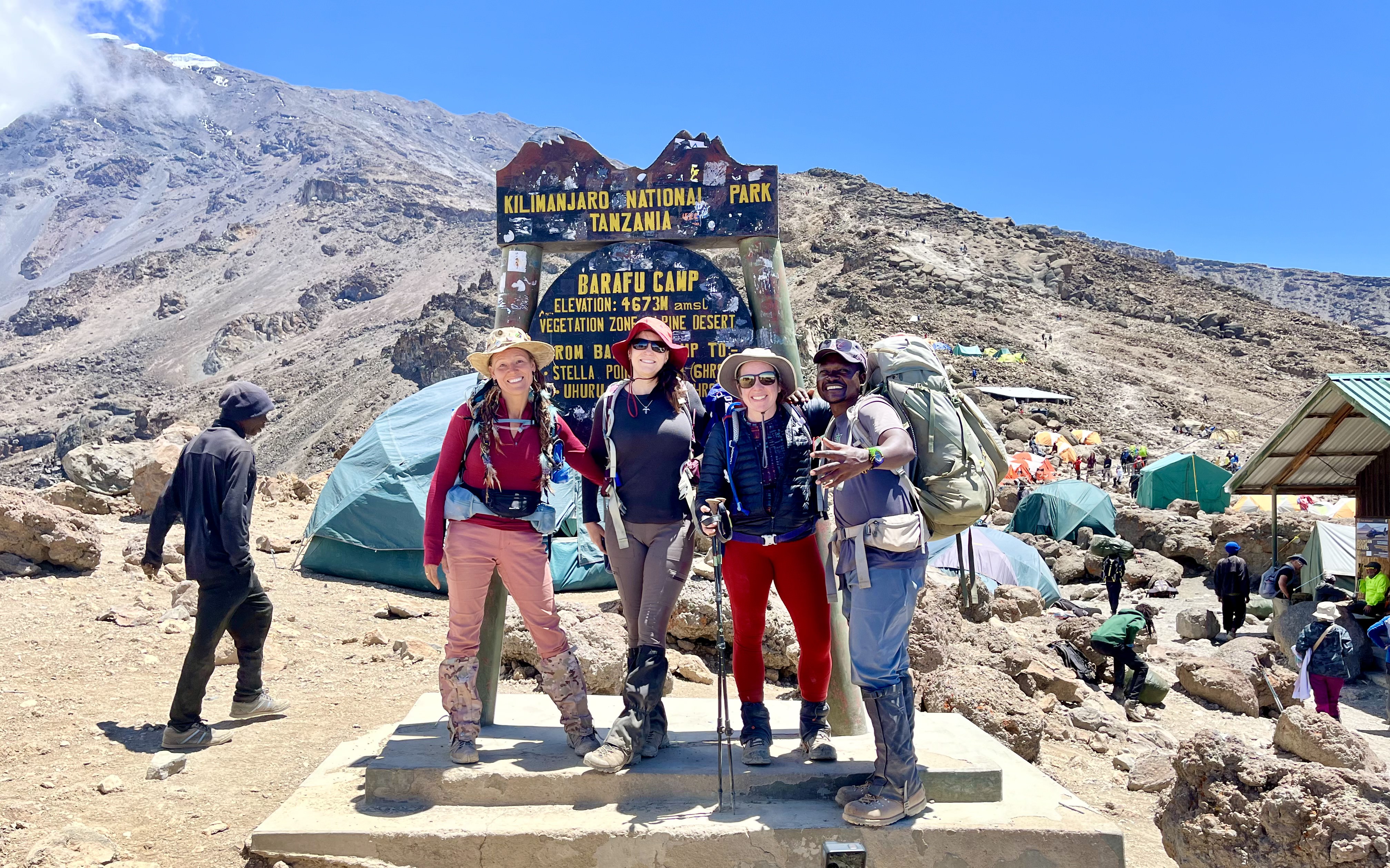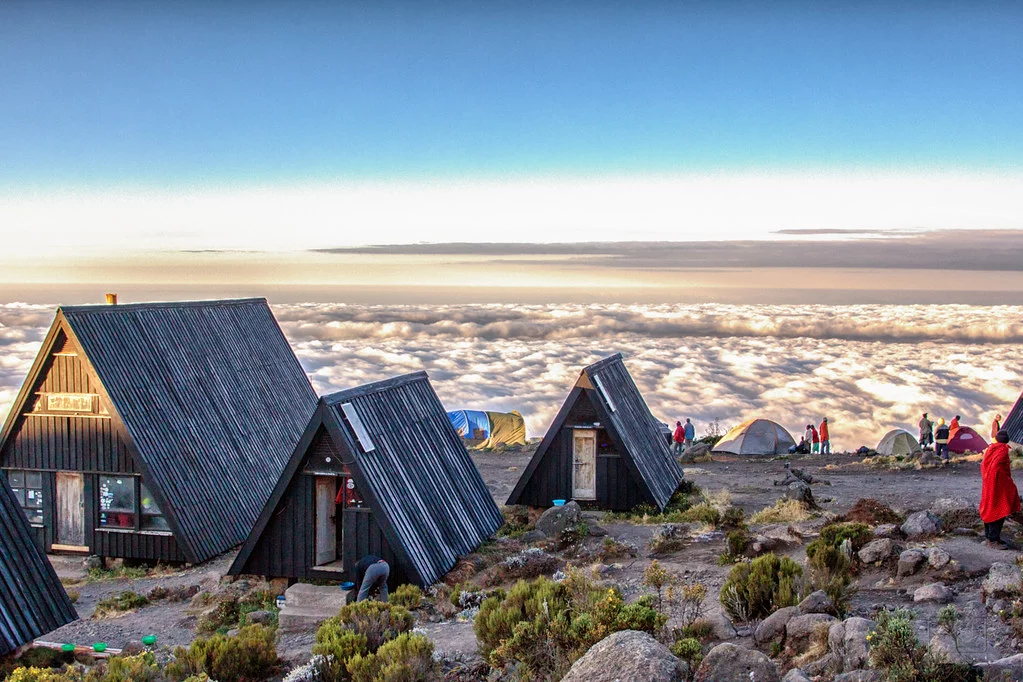The Cost of Climbing Kilimanjaro
Kilimanjaro Price Overview
________________________________________
Climbing Mount Kilimanjaro is a significant investment, with the total cost ranging from $1,800 to $8,000. The price can vary based on the operator you choose, from budget options to higher-end Western travel agencies, which often outsource climbs at a higher price.
However, when considering the cost, it’s crucial to look beyond the price tag. If a climb seems unusually cheap, it’s worth asking where the operator is cutting costs—as these savings could compromise your safety, comfort, and the welfare of the crew. For instance, cheap operators may:
• Underpay guides and porters, resulting in poor morale and safety concerns.
• Provide inadequate gear, leaving staff unprepared for harsh conditions.
• Overload porters, asking them to carry excessive weight to keep prices down.
Such compromises can lead to welfare issues and pose risks to both climbers and staff. Every year, reports show that porters—often the unsung heroes of the climb—suffer the most. Tragically, some porters lose their lives on the mountain, but these incidents often go unreported in Western media.
________________________________________
The Real Costs of Climbing Kilimanjaro
Climbing Kilimanjaro involves a variety of fixed costs, many of which are unavoidable for any
legitimate tour operator. Here’s a breakdown of the key expenses:
1. Park Fees and Conservation Costs
• Conservation Fee: $70 per person per day
This fee is collected by the Kilimanjaro National Park authority to fund the maintenance of the park, trails, ranger services, and cleaning efforts.
For an 8-day trek, the total conservation fee would amount to $560 ($70 x 8 days).
2. Camping or Hut Fees
• Camping Fees: $50 per person per night
These fees apply when camping at designated sites on the mountain.
For a 7-night trek on the Lemosho route, the total camping fee is $350 ($50 x 7 nights).
Hut Fees: $60 per person per night (only on the Marangu route)
On a 5-day Marangu trek, the hut fees total $240 ($60 x 4 nights).
3. Rescue Fees
• Rescue Fee: $20 per person
This is a mandatory fee that covers the costs of coordinating a rescue if needed, regardless of whether a rescue occurs.
4. Guide and Porter Fees
• Park Entrance Fee for Guides & Porters: $2 per person
Guides and porters also must pay this fee to enter the park. This cost is included in the total fees for your crew.
5. Value-Added Tax (VAT)
• 18% VAT
The Tanzanian government charges an 18% VAT on all services provided by Kilimanjaro operators, which is added to the cost of your climb.
________________________________________
Additional Costs Involved in a Kilimanjaro Climb
Aside from the fixed fees, several other expenses contribute to the overall cost of your climb:
1. Wages for Guides and Porters
• Local wages range from $80 to $150 per climber per day.
The wages depend on the size of your group and the number of guides and porters needed to ensure a safe and successful climb.
2. Food Costs
• The cost of food for both climbers and staff averages $10 to $20 per person per day.
This includes meals for everyone involved in the climb.
3. Transportation Costs
• Transportation to and from the mountain typically costs around $100 per trip depending on the route and the logistics involved.
4. Camping Equipment and Administrative Costs
• Additional costs include the wear and tear on camping equipment, as well as administrative expenses for organizing and managing your climb.
________________________________________
The Human Cost of Cheap Operators
When you choose an operator, consider the impact on the local community, particularly the guides and porters who make your climb possible. At Climbing Kilimanjaro,
we prioritize the welfare of our staff by ensuring:
• Fair wages and appropriate gear for all guides and porters.
• A high guide-to-client ratio and porter-to-client ratio, preventing overloading.
• Regular health checks for porters to monitor their well-being throughout the trek.
We believe that a happy, well-supported crew leads to a better experience for climbers and ensures a safer, more enjoyable climb for everyone.
________________________________________
Your Safety and Well-Being
Climbing Kilimanjaro is challenging and can be dangerous, but the right preparation can minimize
the risks. To ensure your safety and comfort, it’s essential to have:
• Well-trained, experienced guides who know how to handle emergencies.
• Proper procedures for medical emergencies and altitude sickness.
• Good quality equipment that is well-maintained.
• Nutritious, varied meals to keep you energized throughout the climb.
• Safe drinking water to avoid dehydration.
________________________________________
